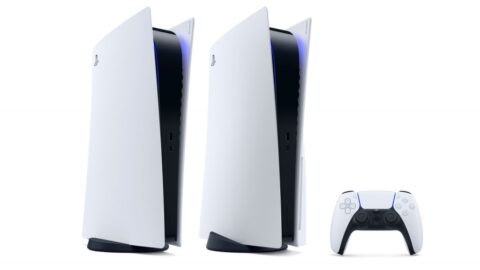The Indian National Space Promotion and Authorization Center (IN-SPACe) has introduced a new Space-Based as a Service (SBaaS) initiative, focused on micros and small satellites. This program is designed to enable non-government entities (NGEs) to design, build, and operate Earth Observation (EO) satellite systems under a public-private partnership model.
Participating NGEs will be responsible for the end-to-end process, containing satellite design, manufacturing, launch, and data processing.
The SBaaS initiative invites Indian companies to develop constellations of Low Earth Orbit (LEO) satellites equipped with advanced imaging technologies, including multispectral and hyperspectral sensors. These satellites aim to provide high-resolution data for various applications like agriculture, urban planning, disaster management, and environmental monitoring.
Speaking of the process, in the initial phase, up to four private companies will be selected based on their design proposals and technical expertise. These companies are tasked with developing modular, multi-mission satellite bus systems. A satellite bus serves as the primary structure and system that supports the satellite’s payload, including power supply, thermal control, and communication systems.
Following the development (or first) phase, up to two of the four companies will be chosen to proceed to the next stage. In this phase, the selected companies will launch their satellite buses into space, equipped with actual payloads. Such testing is crucial to validate the performance, reliability, and adaptability of the satellite buses under operational conditions.
Meanwhile, to facilitate all this, IN-SPACe has released an Expression of Interest (EOI) detailing the scope and requirements of the SBaaS program. Interested parties are encouraged to review the EOI and participate in the upcoming pre-EOI conference scheduled for August 8, 2024.
This initiative follows the 2023 transfer of the IMS-1 satellite bus technology from ISRO to Alpha Design Technologies, marking a significant step in technology dissemination to private players. Clearly, India’s space sector is undergoing a transformative shift. The government aims to increase the country’s share in the global space economy, primarily by encouraging private sector involvement.
In 2022, India’s space sector was valued at $8.4 billion. The goal is to increase this to $44 billion by 2033, capturing about 8% of the global space market. By 2040, the aim is to further expand India’s share in the global space economy to 8-10%.
Earlier, a ₹1,000 crore venture capital fund was established to provide financial support to space tech startups. Even last month, IN-SPACe appointed SIDBI Venture Capital Limited (SVCL) to manage the same. The fund aims to support about 40 startups, with investments ranging from ₹10 crore to ₹60 crore per company, depending on their growth stage. This fund will be deployed over five years, starting with ₹150 crore in 2025-26, followed by ₹250 crore annually for the next three years. It will conclude with ₹100 crore in 2029-30.
However, despite these efforts, the Indian space startup ecosystem faces challenges. As per the reports, last year (2024), space tech startups experienced a 35% year-on-year decline in funding, securing only $81 million across 14 deals.
Content originally published on The Tech Media – Global technology news, latest gadget news and breaking tech news.






